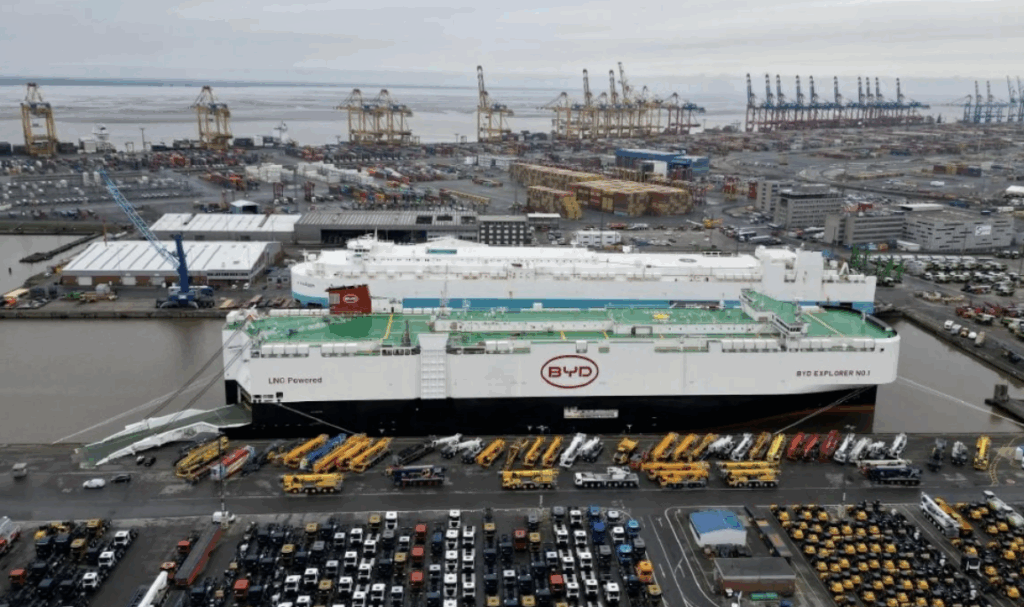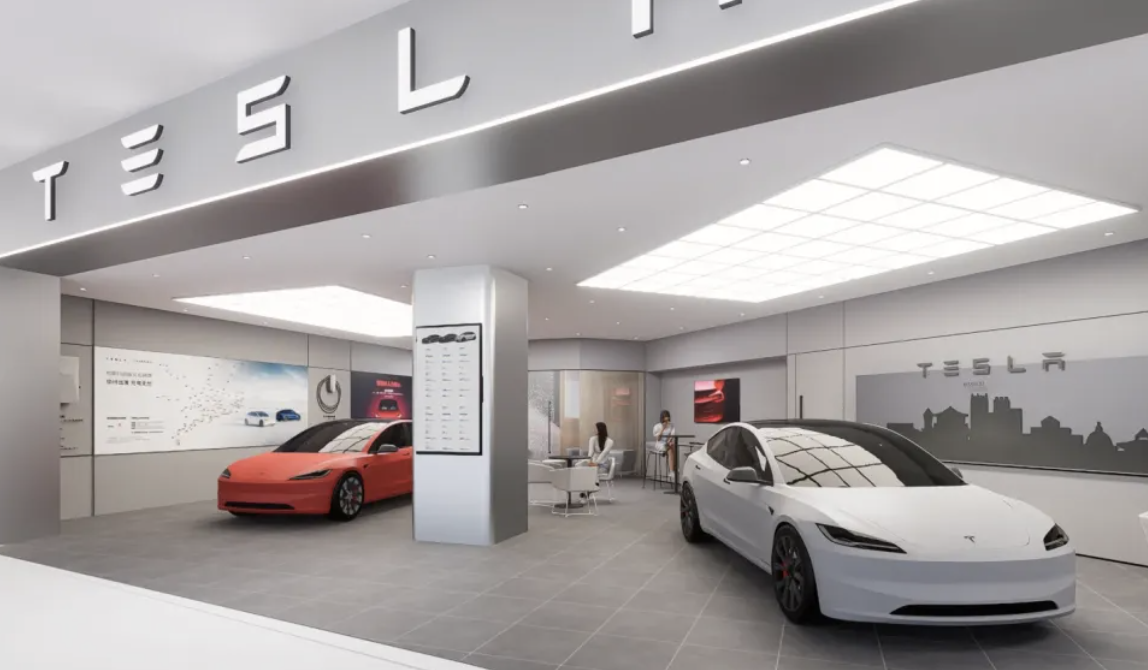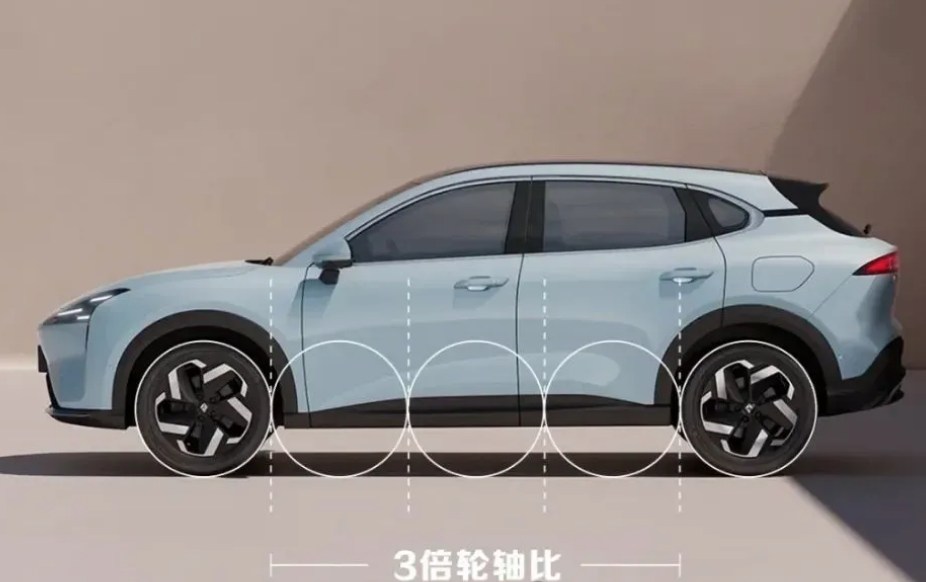According to data from the China Passenger Car Association (CPCA), global auto sales in August 2025 reached 7.6 million units, up 6% year-on-year. Chinese automakers accounted for 38% of the global market share, an increase of 4 percentage points from last year. From a global perspective, Chinese brands have significantly expanded their presence, with companies such as BYD, Geely, Chery, and Changan all showing strong performance.

Driven by new energy vehicles, BYD achieved rapid sales growth. According to Yiche’s global sales ranking, BYD sold 316,300 units in August, ranking third worldwide, behind only Toyota and Volkswagen, surpassing traditional auto giants such as Ford and Hyundai. Toyota, from Japan, led the ranking with 681,800 units sold in August, making it the only carmaker to exceed 600,000 units. Volkswagen ranked second with 350,400 units, about 36,500 units ahead of BYD.
In comparison, BYD still has a long way to go to catch up with Toyota. However, as China’s largest automaker, BYD holds an absolute lead in the new energy sector. Currently, it operates four major brands — BYD, Denza, Fangchengbao, and Yangwang. Since the beginning of 2025, BYD has launched several new models, including the Fangchengbao Bao 7 and Yangwang U8L. With the rollout of more new models and BYD’s early successes in markets such as Europe and Southeast Asia, the company is expected to further expand its global market share.
Apart from Toyota, Volkswagen, and BYD, the top five also included Ford (305,000 units in August) and Hyundai (277,400 units). Honda, Chevrolet, Suzuki, Nissan, and Kia ranked sixth to tenth, with global sales of 270,000, 222,800, 218,300, 215,100, and 210,800 units respectively.
Beyond the top ten, three other Chinese brands — Geely Galaxy, Chery, and Wuling — entered the global top twenty in August, ranking 14th, 16th, and 17th with sales of 106,800, 100,800, and 90,000 units respectively.
Among them, Geely Galaxy has been particularly successful. As Geely’s mid-to-high-end new energy brand established in February 2023, it has launched multiple popular models in a short time through continuous technological innovation. Especially in the past six months, Galaxy has accelerated its product launches, rolling out models at a remarkable pace. Currently, its lineup includes the E5, E8, L6, L7, Xingyuan, Starship 7 EM-i, Galaxy Starshine 8, Galaxy A7, and Galaxy M9. The Galaxy M9, a flagship plug-in hybrid large SUV, was launched on September 17 with six versions starting at RMB 173,800. In addition, the Xingyao 6 has already started presales on September 26 with five trims priced between RMB 85,800 and 118,800, with early bird prices from RMB 79,800 to 112,800. As a representative of traditional automakers transitioning to smart new energy vehicles, Geely’s transformation is beginning to bear fruit, especially with the Galaxy lineup driving higher NEV sales share.
Looking back at the ranking, Tesla sold 146,800 vehicles worldwide in August, placing 11th. German luxury brands also performed strongly: BMW (141,000 units), Mercedes-Benz (139,500 units), and Audi (104,400 units) ranked 12th, 13th, and 15th. Additionally, Mazda, Renault, and Fiat made the top 20 with 90,000, 80,800, and 80,500 units respectively.
This is the performance of the world’s top 20 automakers in August. Overall, Toyota remained the brightest performer, with Volkswagen and BYD also delivering solid results. It is worth noting that with the rapid development of the new energy vehicle sector, the global auto industry is undergoing a major transformation, and China’s influence on the global auto market is increasingly evident. According to CPCA data, cumulative global auto sales from January to August 2025 reached 61.98 million units, up 6% year-on-year. Among them, China grew the fastest at 12%, reaching 21.1 million units and accounting for 34% of the global total; the U.S. grew 3% to 11.25 million; India declined 6% to 3.29 million; Japan grew 6% to 3.03 million; and Germany fell 3% to 2.07 million.


